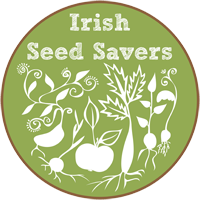-
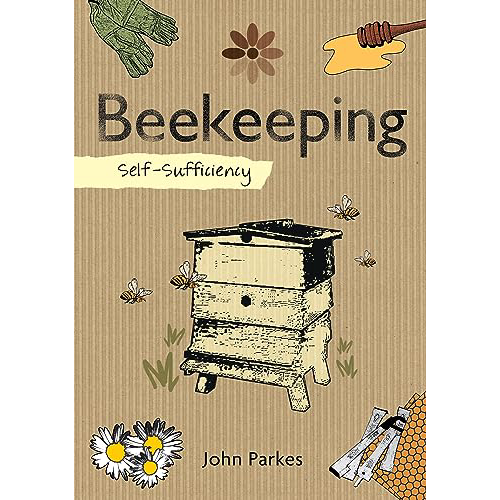
 As sustainability and organic living become increasingly popular, so does a desire to live a more self-sufficient lifestyle. This timely book will help you to achieve self-sufficiency and make beekeeping a reality. Beekeeping is about management, control and learning to understand the honeybee. It can also become a very enjoyable and sociable pastime - visiting others' hives and picking up vital hints and tips is all part of the fun - and farming and eating honey that your own bees have produced is a pure delight. Joanna Ryde covers all aspects of beekeeping, from the basic tools and equipment needed for setting up a hive to detailed advice on when to harvest honey and honey-inspired recipes, from delicious cakes to beauty products. This really is the definitive guide for anyone thinking of keeping bees.
As sustainability and organic living become increasingly popular, so does a desire to live a more self-sufficient lifestyle. This timely book will help you to achieve self-sufficiency and make beekeeping a reality. Beekeeping is about management, control and learning to understand the honeybee. It can also become a very enjoyable and sociable pastime - visiting others' hives and picking up vital hints and tips is all part of the fun - and farming and eating honey that your own bees have produced is a pure delight. Joanna Ryde covers all aspects of beekeeping, from the basic tools and equipment needed for setting up a hive to detailed advice on when to harvest honey and honey-inspired recipes, from delicious cakes to beauty products. This really is the definitive guide for anyone thinking of keeping bees. -
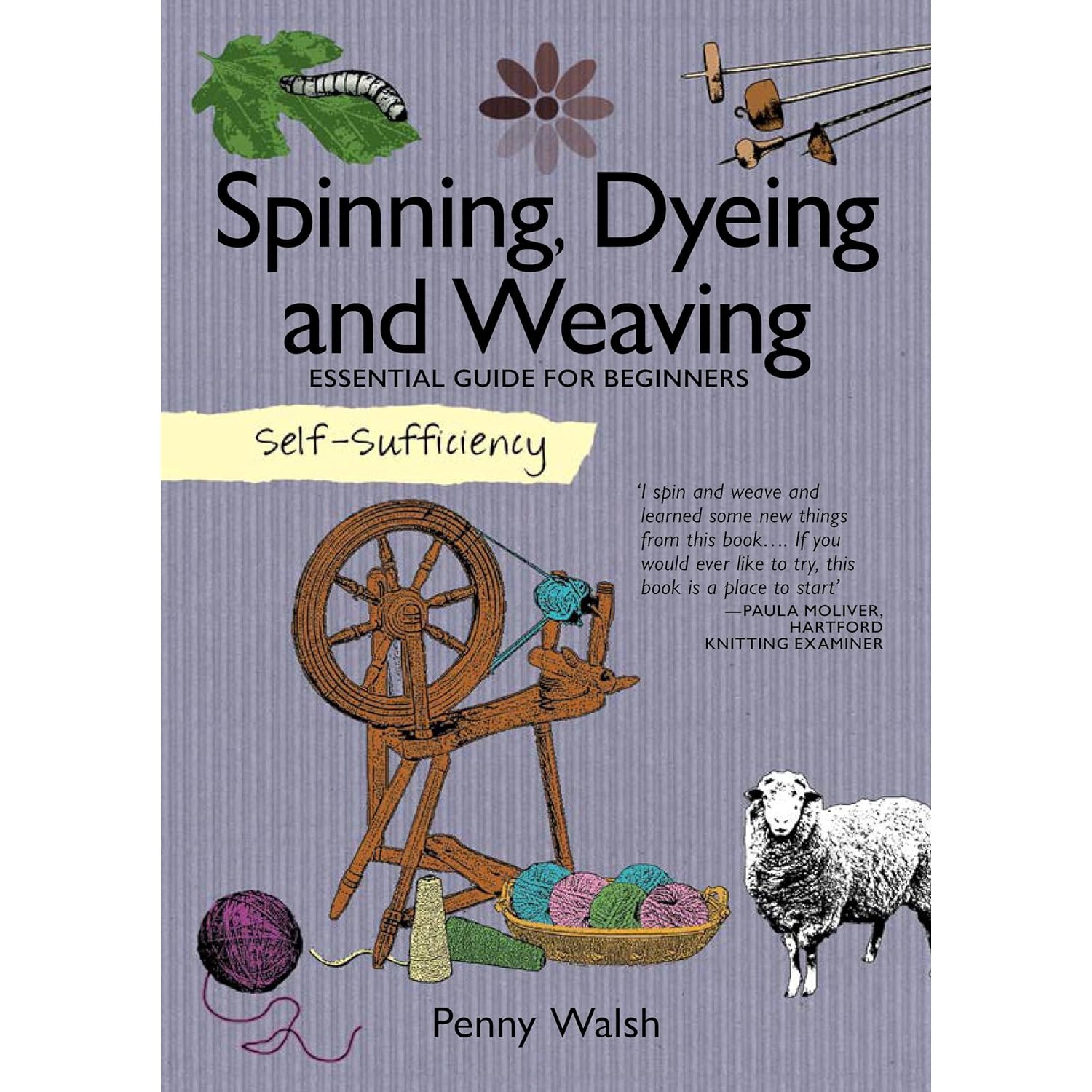 Learn how to make your own homegrown natural fabrics to spin, dye, and weave, with this comprehensive guide! Inside this book, expert textile arts instructor Penny Walsh reveals everything you need to know to start making your own high-quality custom fabrics. Learn where different fibres come from, how to grow and harvest your own animal or vegetable fibres, and how to prepare them for spinning. The principles of spindle and spinning wheel spinning are covered, along with home dyeing using natural dyestuffs you can grow yourself, and hand weaving with or without a loom. Four simple projects—a rug, cushion cover, scarf, and hat—are provided to help you put your newly learned skills to the test. With the mighty textile industry able to produce cloth more quickly than ever before, and stores selling furnishing and clothing textiles in every town centre, why engage in the labour-intensive and time-consuming process of making your own textiles? The answer is a desire for self-sufficiency! Nothing could be more different from modern factory-made cloth than creating your own unique handmade textiles. Although manufactured textiles employ some of the most sophisticated techniques of any modern industry, using huge quantities of energy and creating waste and pollution, the entire fabric production method can be done by hand at home, using almost no energy but your own. If you want to learn how to be fully self-sufficient in making your own textiles, this book will show you how.
Learn how to make your own homegrown natural fabrics to spin, dye, and weave, with this comprehensive guide! Inside this book, expert textile arts instructor Penny Walsh reveals everything you need to know to start making your own high-quality custom fabrics. Learn where different fibres come from, how to grow and harvest your own animal or vegetable fibres, and how to prepare them for spinning. The principles of spindle and spinning wheel spinning are covered, along with home dyeing using natural dyestuffs you can grow yourself, and hand weaving with or without a loom. Four simple projects—a rug, cushion cover, scarf, and hat—are provided to help you put your newly learned skills to the test. With the mighty textile industry able to produce cloth more quickly than ever before, and stores selling furnishing and clothing textiles in every town centre, why engage in the labour-intensive and time-consuming process of making your own textiles? The answer is a desire for self-sufficiency! Nothing could be more different from modern factory-made cloth than creating your own unique handmade textiles. Although manufactured textiles employ some of the most sophisticated techniques of any modern industry, using huge quantities of energy and creating waste and pollution, the entire fabric production method can be done by hand at home, using almost no energy but your own. If you want to learn how to be fully self-sufficient in making your own textiles, this book will show you how. -
 Welcome to the world of safer, greener household cleaning. This friendly book will help you become more self-sufficient and benefit your health, the environment, and your bank balance. Natural Household Cleaning is packed with clear, easy-to-follow cleaning recipes to replace common commercial cleaning products with natural alternatives. You may be pleasantly surprised to discover that your kitchen cupboard already contains many harmless options for transforming your home into a clean and fresh-smelling haven. Lemons, salt, vinegar, baking soda, and club soda are just some of the natural ingredients that can be used to clean the kitchen, bathroom, bedroom, floors, and everything in between. Many of us don't realize just how easy it is to make your own cleaning products and achieve truly amazing results. Turn a chore into a pleasure and discover a whole new way to clean!
Welcome to the world of safer, greener household cleaning. This friendly book will help you become more self-sufficient and benefit your health, the environment, and your bank balance. Natural Household Cleaning is packed with clear, easy-to-follow cleaning recipes to replace common commercial cleaning products with natural alternatives. You may be pleasantly surprised to discover that your kitchen cupboard already contains many harmless options for transforming your home into a clean and fresh-smelling haven. Lemons, salt, vinegar, baking soda, and club soda are just some of the natural ingredients that can be used to clean the kitchen, bathroom, bedroom, floors, and everything in between. Many of us don't realize just how easy it is to make your own cleaning products and achieve truly amazing results. Turn a chore into a pleasure and discover a whole new way to clean! -
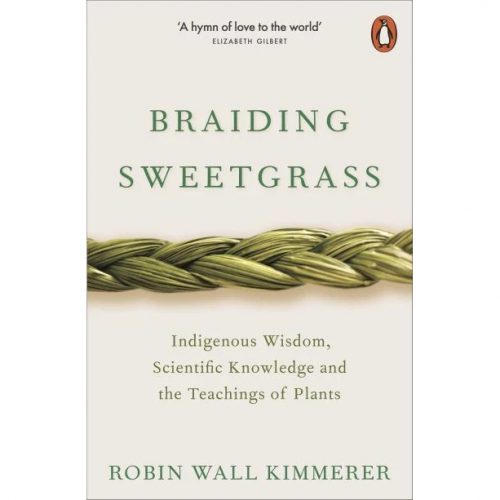 Robin Wall Kimmerer has been trained to ask questions of nature with the tools of science. As a member of the Citizen Potawatomi Nation, she embraces the notion that plants and animals are our oldest teachers. In Braiding Sweetgrass , Kimmerer brings these two ways of knowledge together. Drawing on her life as an indigenous scientist, a mother, and a woman, Kimmerer shows how other living beings - asters and goldenrod, strawberries and squash, salamanders, algae, and sweetgrass - offer us gifts and lessons, even if we've forgotten how to hear their voices. In a rich braid of reflections that range from the creation of Turtle Island to the forces that threaten its flourishing today, she circles toward a central argument: that the awakening of a wider ecological consciousness requires the acknowledgment and celebration of our reciprocal relationship with the rest of the living world. For only when we can hear the languages of other beings will we be capable of understanding the generosity of the earth, and learn to give our own gifts in return.
Robin Wall Kimmerer has been trained to ask questions of nature with the tools of science. As a member of the Citizen Potawatomi Nation, she embraces the notion that plants and animals are our oldest teachers. In Braiding Sweetgrass , Kimmerer brings these two ways of knowledge together. Drawing on her life as an indigenous scientist, a mother, and a woman, Kimmerer shows how other living beings - asters and goldenrod, strawberries and squash, salamanders, algae, and sweetgrass - offer us gifts and lessons, even if we've forgotten how to hear their voices. In a rich braid of reflections that range from the creation of Turtle Island to the forces that threaten its flourishing today, she circles toward a central argument: that the awakening of a wider ecological consciousness requires the acknowledgment and celebration of our reciprocal relationship with the rest of the living world. For only when we can hear the languages of other beings will we be capable of understanding the generosity of the earth, and learn to give our own gifts in return. -
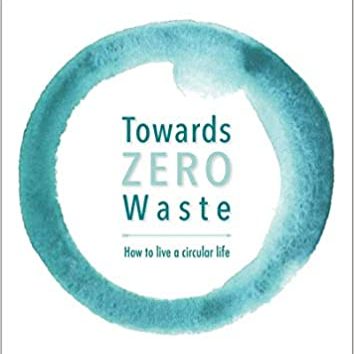
-
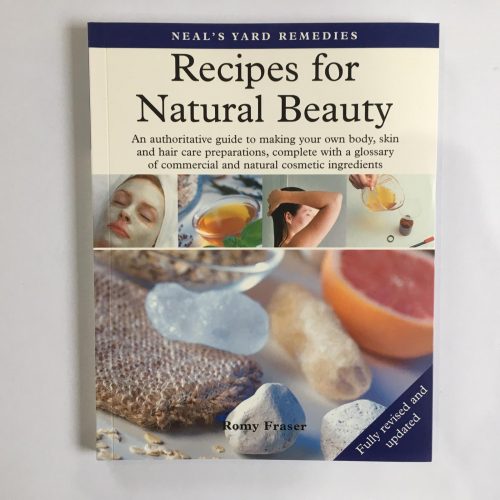 An authoritative guide to making your own body, skin and hair care preparations, complete with a glossary of commercial and natural cosmetic ingredients.
An authoritative guide to making your own body, skin and hair care preparations, complete with a glossary of commercial and natural cosmetic ingredients. -
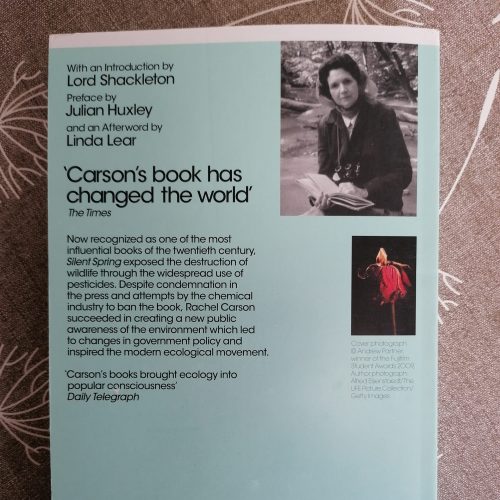
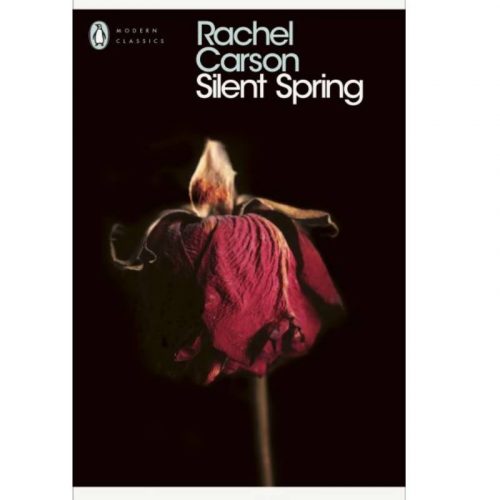 Now recognised as one of the most influential books of the 20th century, Silent Spring exposed the destruction of wildlife through the widespread use of pesticides.
Now recognised as one of the most influential books of the 20th century, Silent Spring exposed the destruction of wildlife through the widespread use of pesticides. -
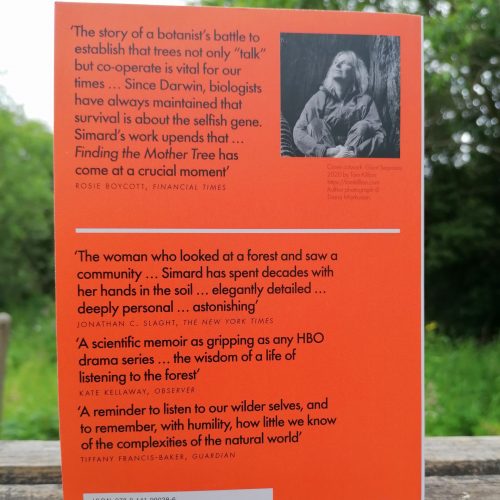
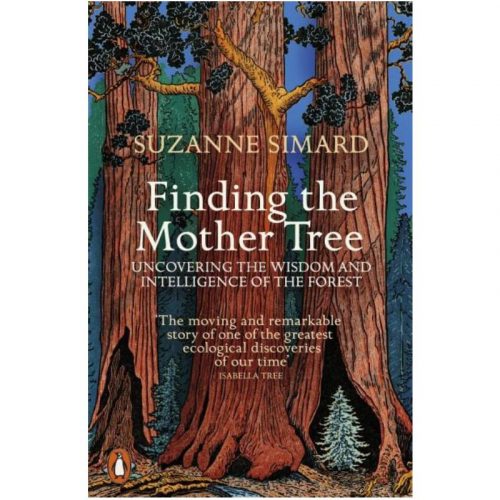
-
Coming Soon
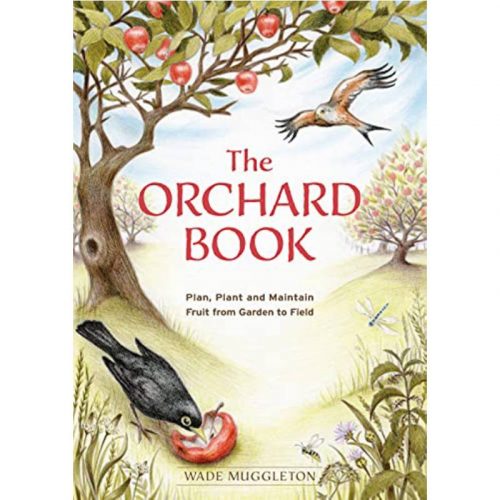 Plan, Plant and Maintain Fruit from Garden to Field
Plan, Plant and Maintain Fruit from Garden to Field -
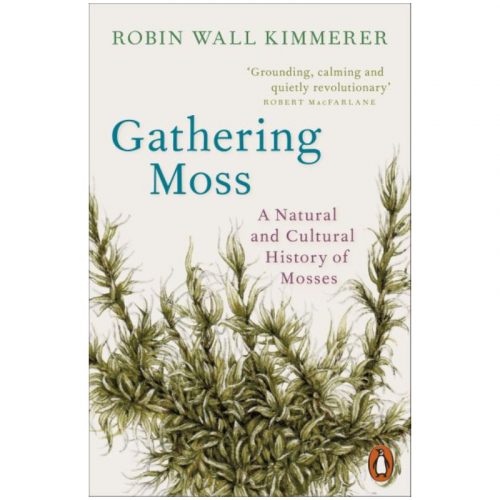 Gathering Moss is a beautifully written mix of science and personal reflection that invites readers to explore and learn from the elegantly simple lives of mosses.
Gathering Moss is a beautifully written mix of science and personal reflection that invites readers to explore and learn from the elegantly simple lives of mosses. -
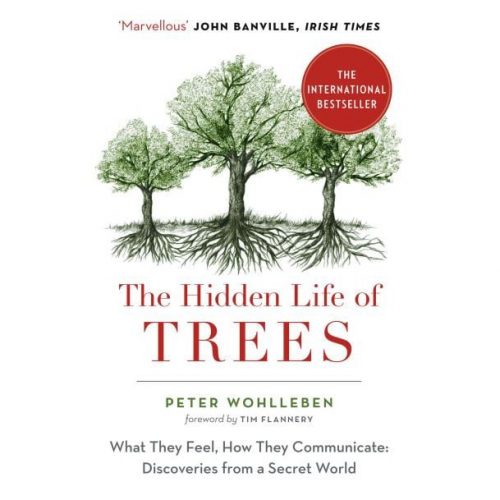 In The Hidden Life of Trees Peter Wohlleben makes the case that the forest is a social network. He draws on groundbreaking scientific discoveries to describe how trees are like human families: tree parents live together with their children, communicate with them, support them as they grow, share nutrients with those who are sick or struggling, and even warn each other of impending dangers. Wohlleben also shares his deep love of woods and forests, explaining the amazing processes of life, death and regeneration he has observed in his woodland. A walk in the woods will never be the same again.
In The Hidden Life of Trees Peter Wohlleben makes the case that the forest is a social network. He draws on groundbreaking scientific discoveries to describe how trees are like human families: tree parents live together with their children, communicate with them, support them as they grow, share nutrients with those who are sick or struggling, and even warn each other of impending dangers. Wohlleben also shares his deep love of woods and forests, explaining the amazing processes of life, death and regeneration he has observed in his woodland. A walk in the woods will never be the same again. -
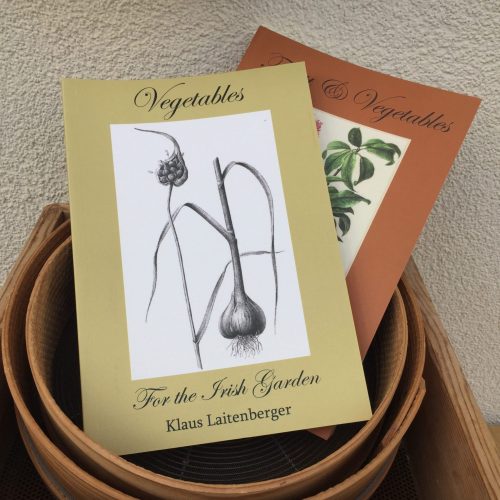
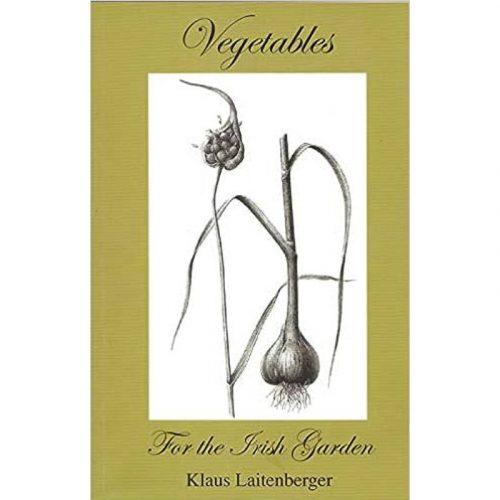 This comprehensive guide by Klaus Laitenberger covers many aspects of gardening in Ireland and a month by month guide. It includes many colour pictures and is well set out, detailing how to manage various types of soil, green manures and a comprehensive section on mistakes beginners make.
This comprehensive guide by Klaus Laitenberger covers many aspects of gardening in Ireland and a month by month guide. It includes many colour pictures and is well set out, detailing how to manage various types of soil, green manures and a comprehensive section on mistakes beginners make. -
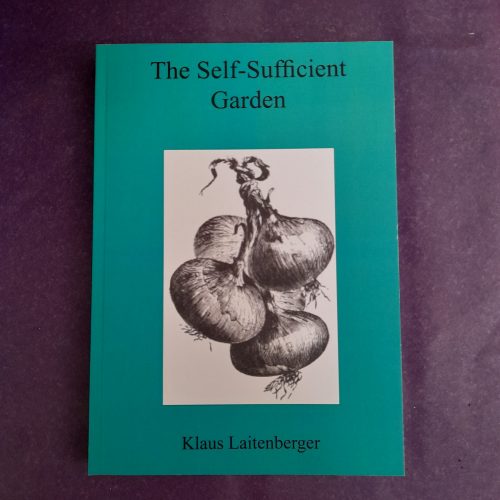 An essential guide to growing and maintaining a self-sufficient garden. Incorporating both sustainability and practicality. It demonstrates the possibility to grow in a way that promotes biodiversity whilst producing a sizeable harvest.
An essential guide to growing and maintaining a self-sufficient garden. Incorporating both sustainability and practicality. It demonstrates the possibility to grow in a way that promotes biodiversity whilst producing a sizeable harvest. -
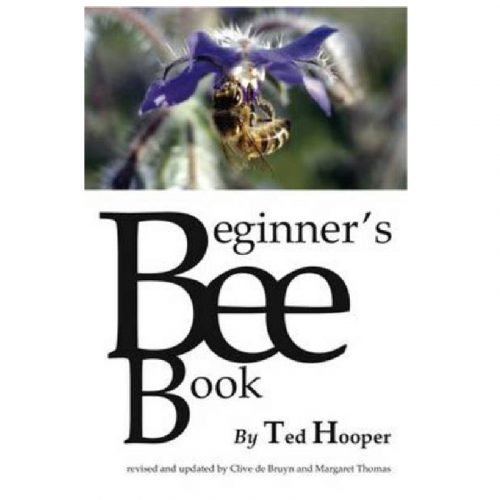 For beginner and intermediate beekeepers.
For beginner and intermediate beekeepers. -
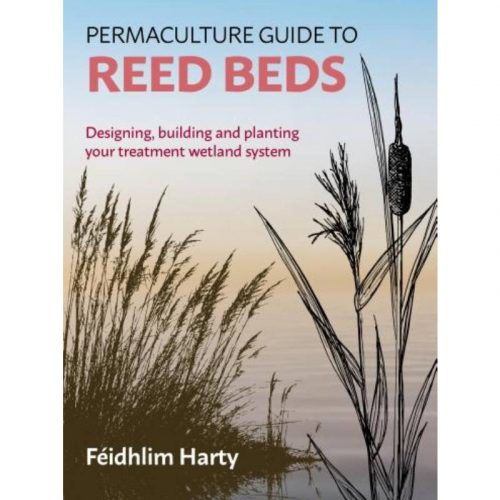 The Permaculture Guide to Reed Beds is a comprehensive overview of reed bed systems and treatment wetlands for household effluent treatment. Going from system selection and design to construction, planting and maintenance; this guide offers the reader a complete how-to manual for getting your own reed bed system up and running.
The Permaculture Guide to Reed Beds is a comprehensive overview of reed bed systems and treatment wetlands for household effluent treatment. Going from system selection and design to construction, planting and maintenance; this guide offers the reader a complete how-to manual for getting your own reed bed system up and running. -
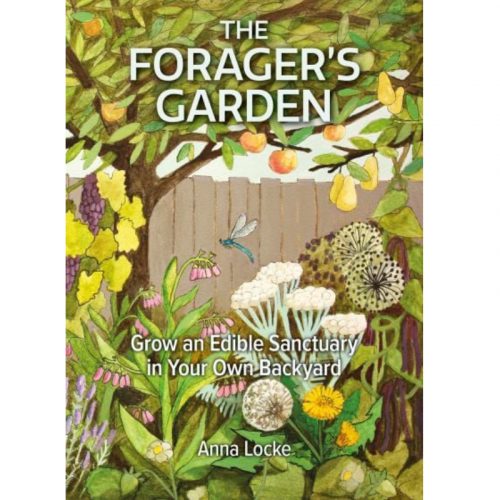 The Forager's Garden by Anna Locke is a handy, accessible guide to creating your own paradise plot where you can forage throughout the year.
The Forager's Garden by Anna Locke is a handy, accessible guide to creating your own paradise plot where you can forage throughout the year. -
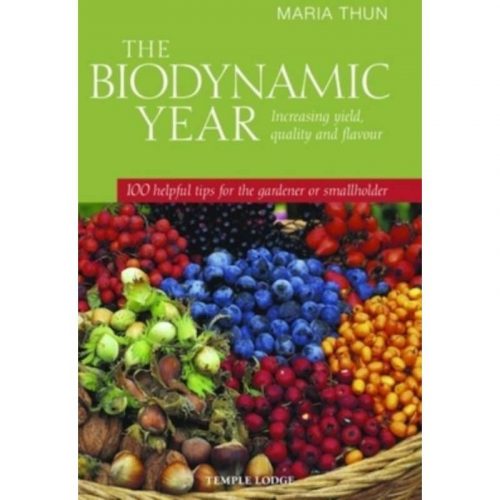
-
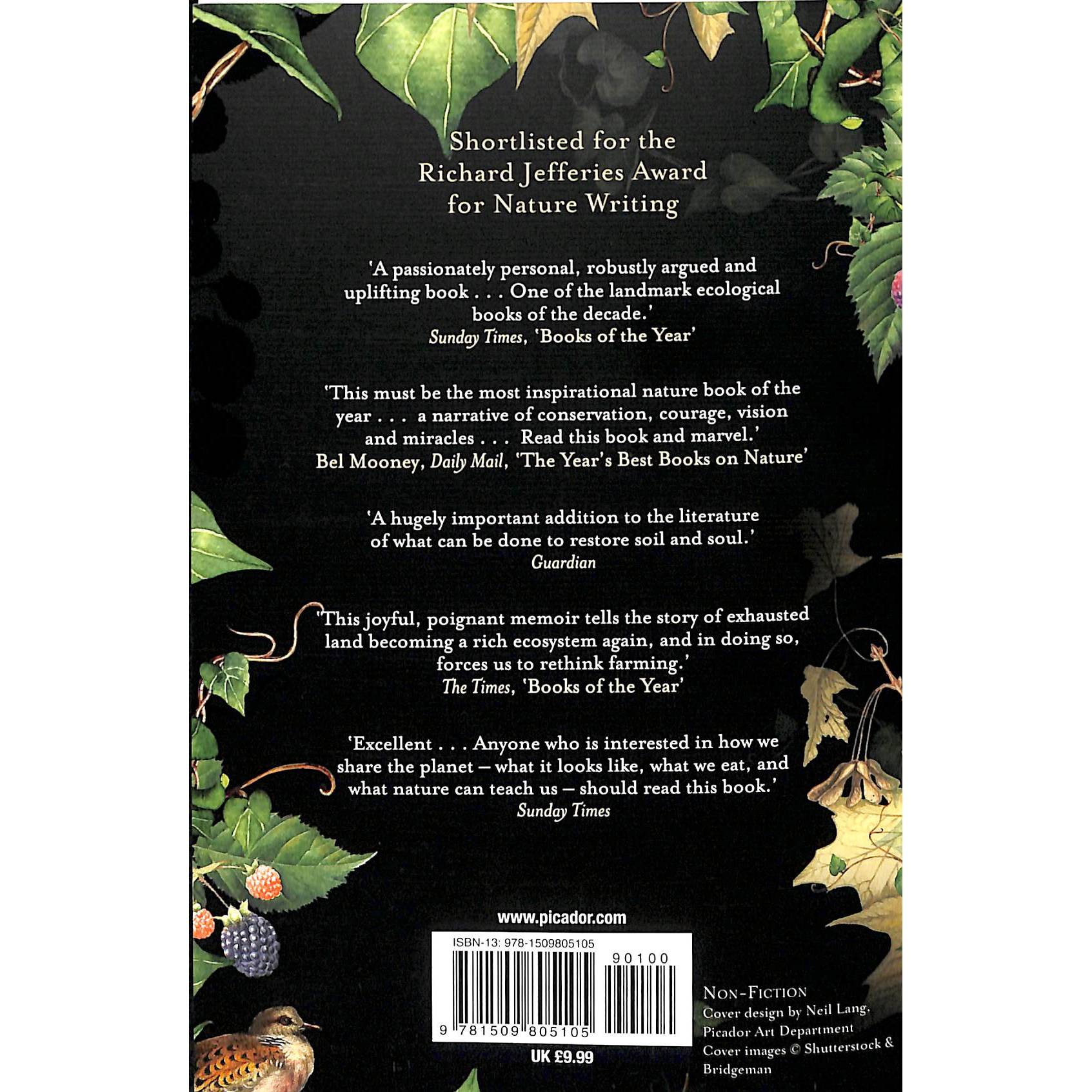
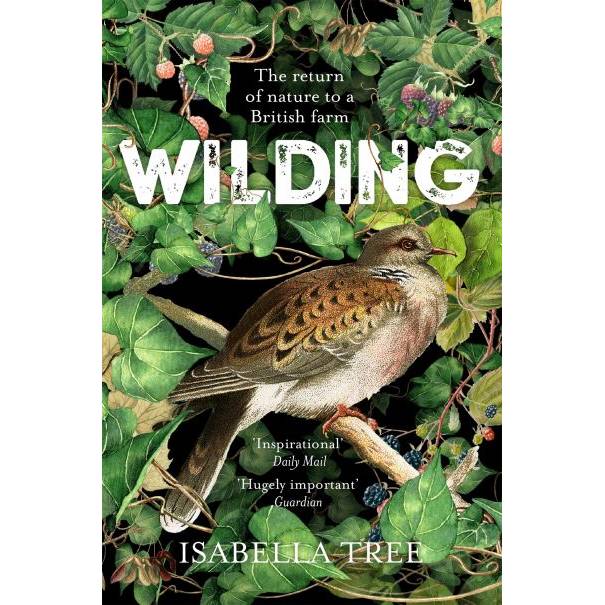 In Wilding , Isabella Tree tells the story of the 'Knepp experiment', a pioneering rewilding project in West Sussex, using free-roaming grazing animals to create new habitats for wildlife. Part gripping memoir, part fascinating account of the ecology of our countryside, Wilding is, above all, an inspiring story of hope. Highly Commended by the Wainwrigh Prize for Nature Writing 'A poignant, practical and moving story of how to fix our broken land, this should be conservation's salvation; this should be its future; this is a new hope' - Chris Packham 'One of the landmark ecological books of the decade' - The Sunday Times Winner of the Richard Jefferies Society / White Horse Book Shop Award for Nature Writing
In Wilding , Isabella Tree tells the story of the 'Knepp experiment', a pioneering rewilding project in West Sussex, using free-roaming grazing animals to create new habitats for wildlife. Part gripping memoir, part fascinating account of the ecology of our countryside, Wilding is, above all, an inspiring story of hope. Highly Commended by the Wainwrigh Prize for Nature Writing 'A poignant, practical and moving story of how to fix our broken land, this should be conservation's salvation; this should be its future; this is a new hope' - Chris Packham 'One of the landmark ecological books of the decade' - The Sunday Times Winner of the Richard Jefferies Society / White Horse Book Shop Award for Nature Writing -
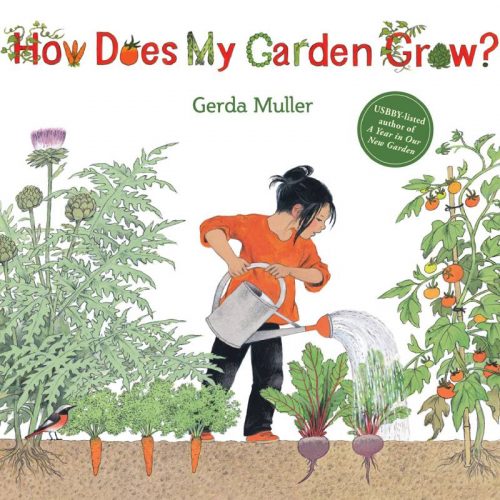
-
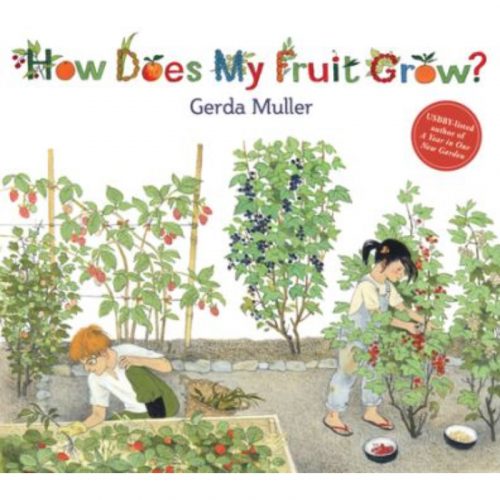 This is a wonderful book for children to learn about how fruit grows and where.
This is a wonderful book for children to learn about how fruit grows and where.
Supported in part by the Department of Rural and Community Development and Pobal through the Community Services Programme. We confirm that our organisation complies with The Governance Code for the Community, Voluntary and Charitable Sector in Ireland.

